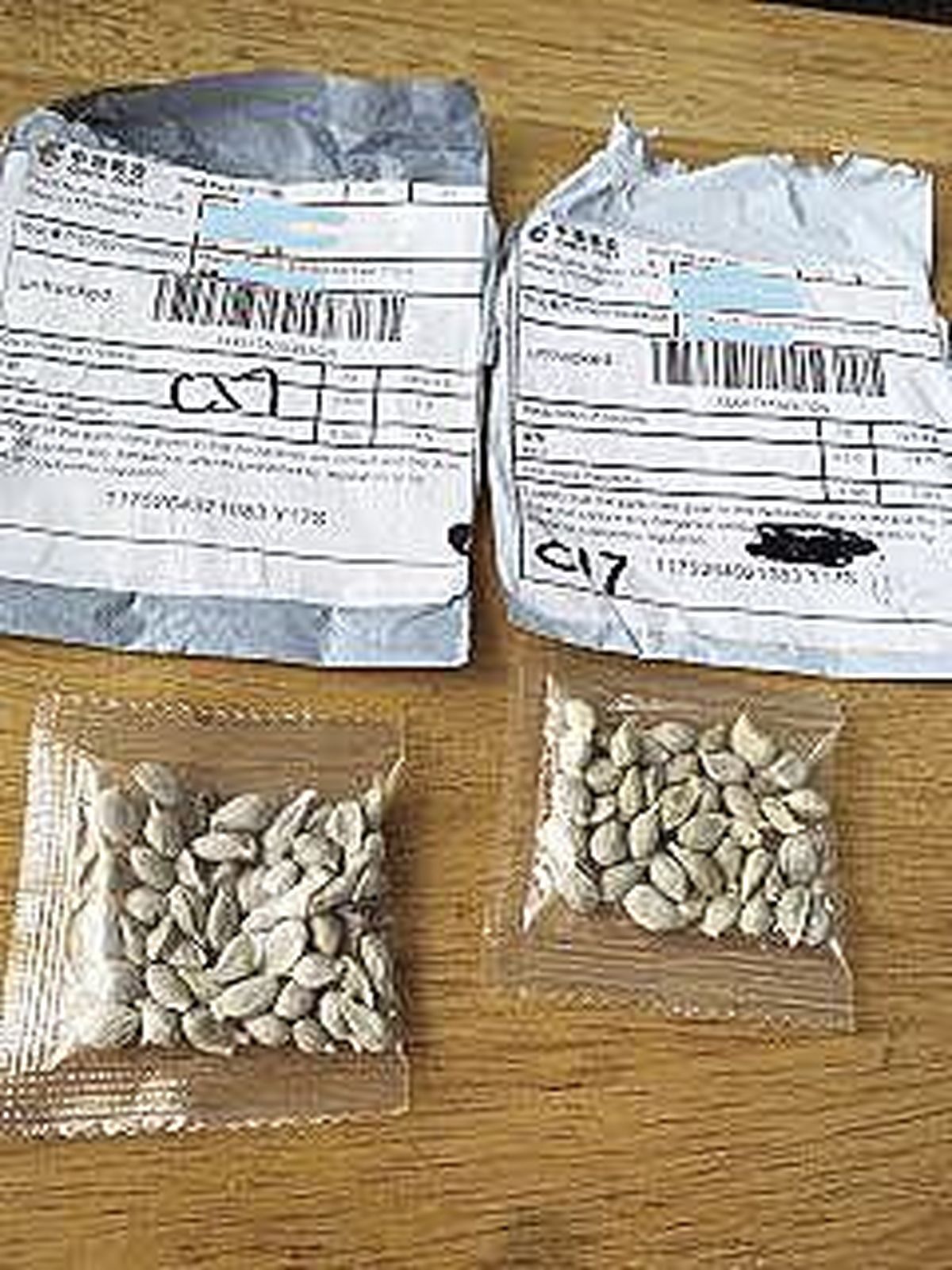This column reflects the opinion of the writer. Learn about the differences between a news story and an opinion column.
Gardening: Experts investigate unsolicited, potentially harmful seeds from China

Recently people around the country including Washingtonians reported receiving packets of seeds sent from China that they didn’t order.
Several theories have been put forth as to why but there aren’t any firm answers and we’ll have to leave it to the experts to figure out.
The important and disturbing thing is that none of the seeds are labeled as to what they are or where they came from, which is required when importing seed.
This has agriculture and invasive species experts worried because these seeds could be bringing invasive plants, diseases or insect that can impact this state’s and the nation’s vital crop and animal agriculture economy.
In 2018, our state’s agricultural economy alone was worth $9.67 billion. Imported seeds must have permits and the packages labeled with their contents. None of these unsolicited seeds had that. In fact, some were labeled as being jewelry.
They affect more than just the agricultural economy, too. Invasive plants can spread out of gardens into the environment and crowd out native plants, disturb wildlife habitat and reduce property values with noxious weeds.
According to Dave Mundt, coordinator for the Spokane County Noxious Weed Board, invasive plants have the “ability to spread out of an ornamental setting and impact other areas or properties, which could include farmed areas, recreational sites, lakes and rivers. They at first may seem harmless and go unnoticed or even forgotten about, and then possibly years down the road you have an uncontrollable problem.” That problem can also be expensive to control.
Our ongoing issues with noxious weeds got started when the Inland Northwest was settled by immigrants coming from all over the world. Many of the settlers would bring their favorite seeds with them from home to grow in their new fields.
The seeds grew well here but with no insects, diseases and environmental factors to keep them in check, they began to spread.
Historical data shows that invasive species spread first along rail lines that hauled crops to markets. When the interstate highway system made shipping hay across long distances easy, many noxious weeds were transported to new locations.
Seeds aren’t the only way invasive species get into our environment. I wrote last week about the spotted wing drosophila, a nonnative insect that has been seen in our area. The spotted wing drosophila is native to Southeast Asia and probably hitchhiked on a load of fruit from that region by way of Hawaii to California around 2008. Our berry growers are now having to deal with pest.
Tim Kohlhauff of the WSU Spokane County Extension stated the Master Gardener Plant Clinic has not reported hearing about people receiving the seeds here but if you did, the USDA Animal and Plant Health Inspection Service is asking residents to place these seeds and their packaging in a plastic bag.
Place the bag in a mailing envelope and send to the USDA for further investigation.
If you planted the seeds, leave them where they are and contact the APHIS State Plant Health Director at Timothy.StGermain@usda.gov for guidance.
Dozens of Washington residents have reported receiving unsolicited seeds from China. People who receive unsolicited seed packets are asked to mail them to the USDA Animal and Plant Health Inspection Service.